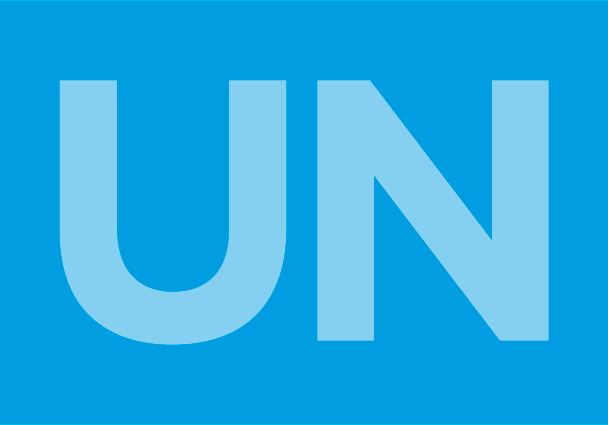
Oct 11, 2011 | Advocacy, Analysis briefs
Since 2009, the UN High Commissioner for Human Rights has called for the strengthening and increased funding for the UN treaty bodies.
The UN treaty bodies are the monitoring mechanisms established under the universal treaties on international human rights.
To date, however, this strengthening process has inadequately addressed the need to strengthen, streamline and coordinate the Individual Communications procedures of the treaty bodies.
A coalition of NGOs has therefore issued a joint statement on the strengthening of these procedures, which represent a key aspect of the right of access by all to international justice in the context of human rights. The joint statement includes recommendations to States, the Office of the High Commissioner for Human Rights, and the treaty bodies themselves.
statement strengthening treaty body-analysis brief-2011 (full text in English, PDF)
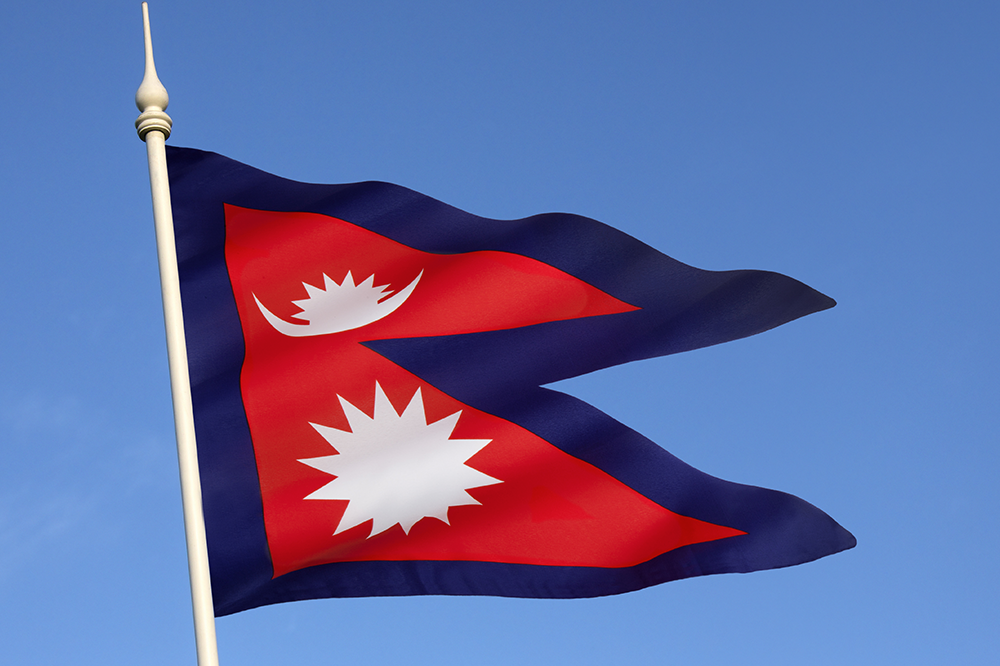
Aug 1, 2011 | Advocacy, Analysis briefs
Recommendations from International Best Practices summarizes the current state of witness protection and assistance in Nepal.
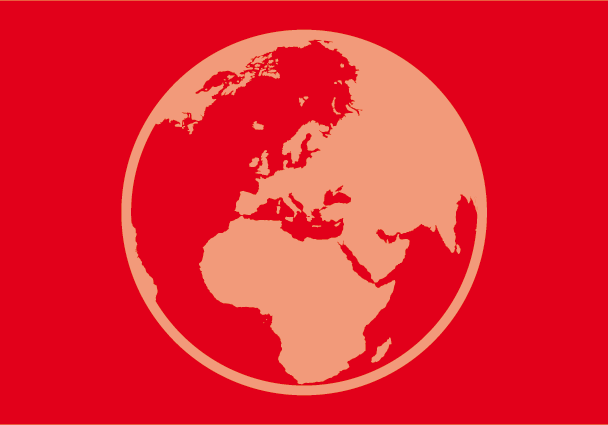
Jul 25, 2011 | Advocacy, Analysis briefs
The ICJ urged all governments to review and repeal laws and policies on operations of intelligence services in countering terrorism that had served to deprive victims of their right to an effective remedy and reparation.
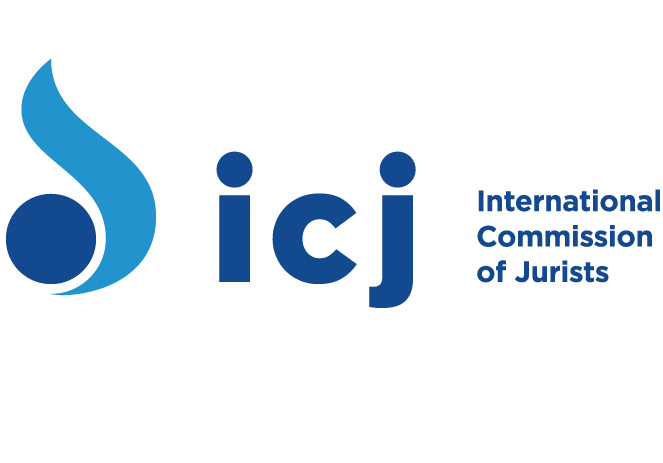
Jun 16, 2011 | Advocacy, Analysis briefs
The ICJ and other human rights groups considers that “the draft resolution before the Council falls far short of what is needed”.
“If the Council adopts the resolution as it stands, it will have failed in its fundamental mission to advance the protection of human rights,” they fear.
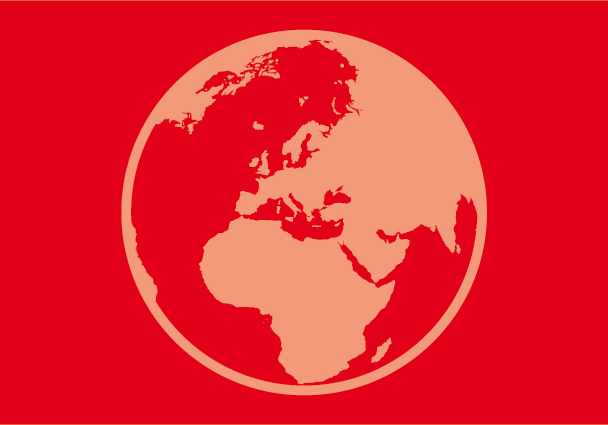
Jun 1, 2010 | Advocacy, Analysis briefs
Human Rights Council: UN human rights experts are scheduled to present their joint study on global practices of secret detention in the context of countering terrorism.
UN-secret detention-joint golbal study-analysis brief-2010
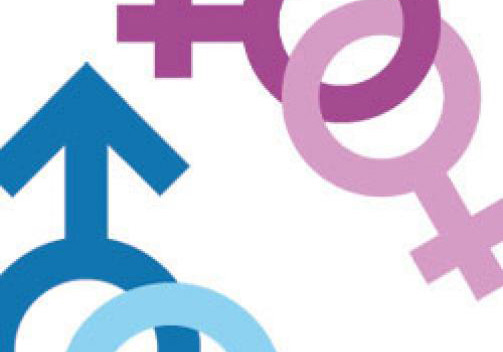
May 3, 2010 | Advocacy, Analysis briefs
The most visible example of oppression on the grounds of sexual orientation is the continued criminalization of sexual activity between consenting adult partners of the same sex in many states around the world.
Regardless of whether they are enforced, these so-called sodomy laws have the effect of stigmatizing an entire group of people as criminal. International law on the issue is clear. Such laws violate human rights. In this ICJ Briefing Paper, we analyze the application of international human rights law to the criminalization of same-sex sexual conduct.
International human rights law and the criminalizaion of same-sex sexual conduct-anyalsis brief-2010 (full text, PDF)









